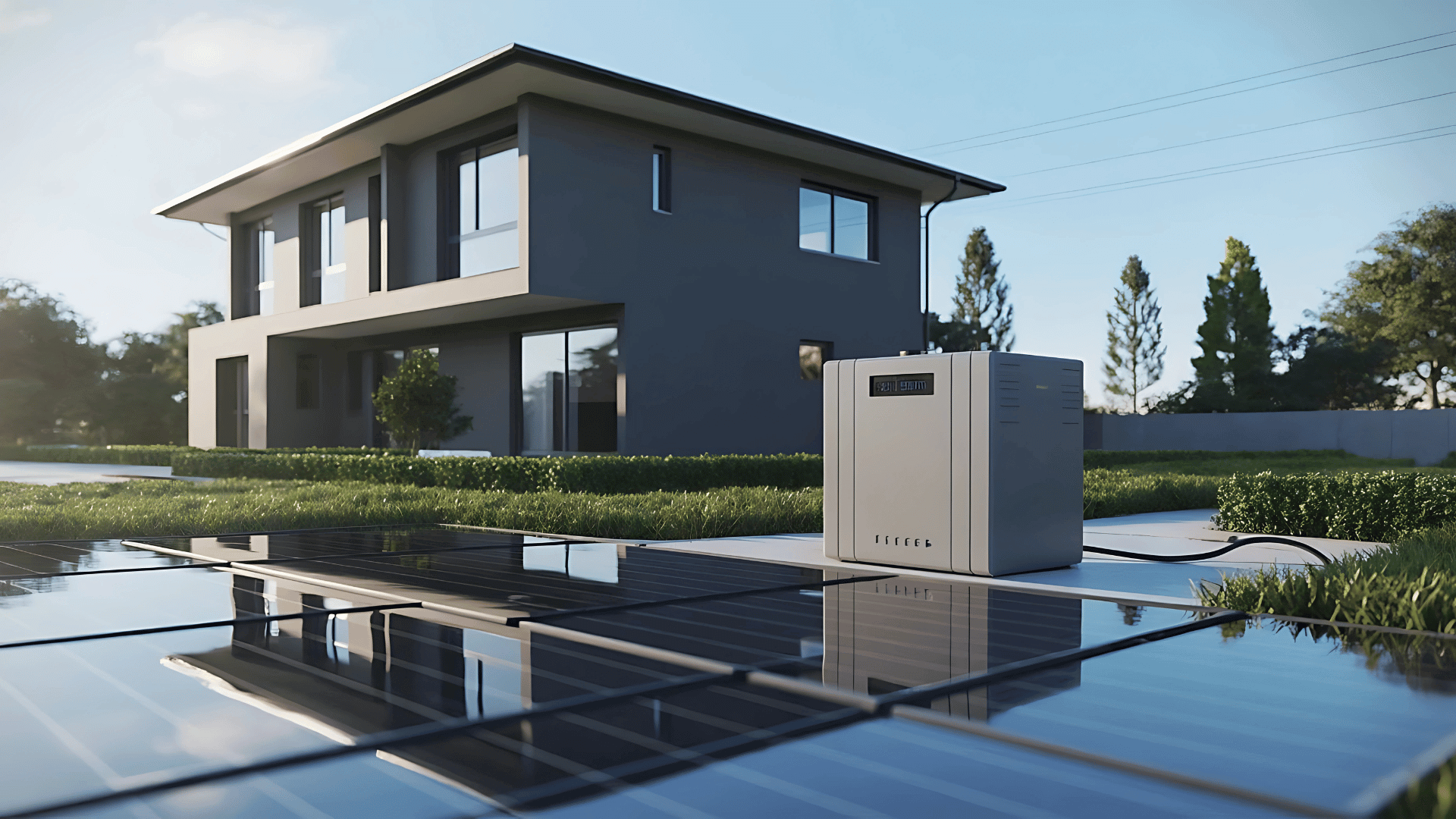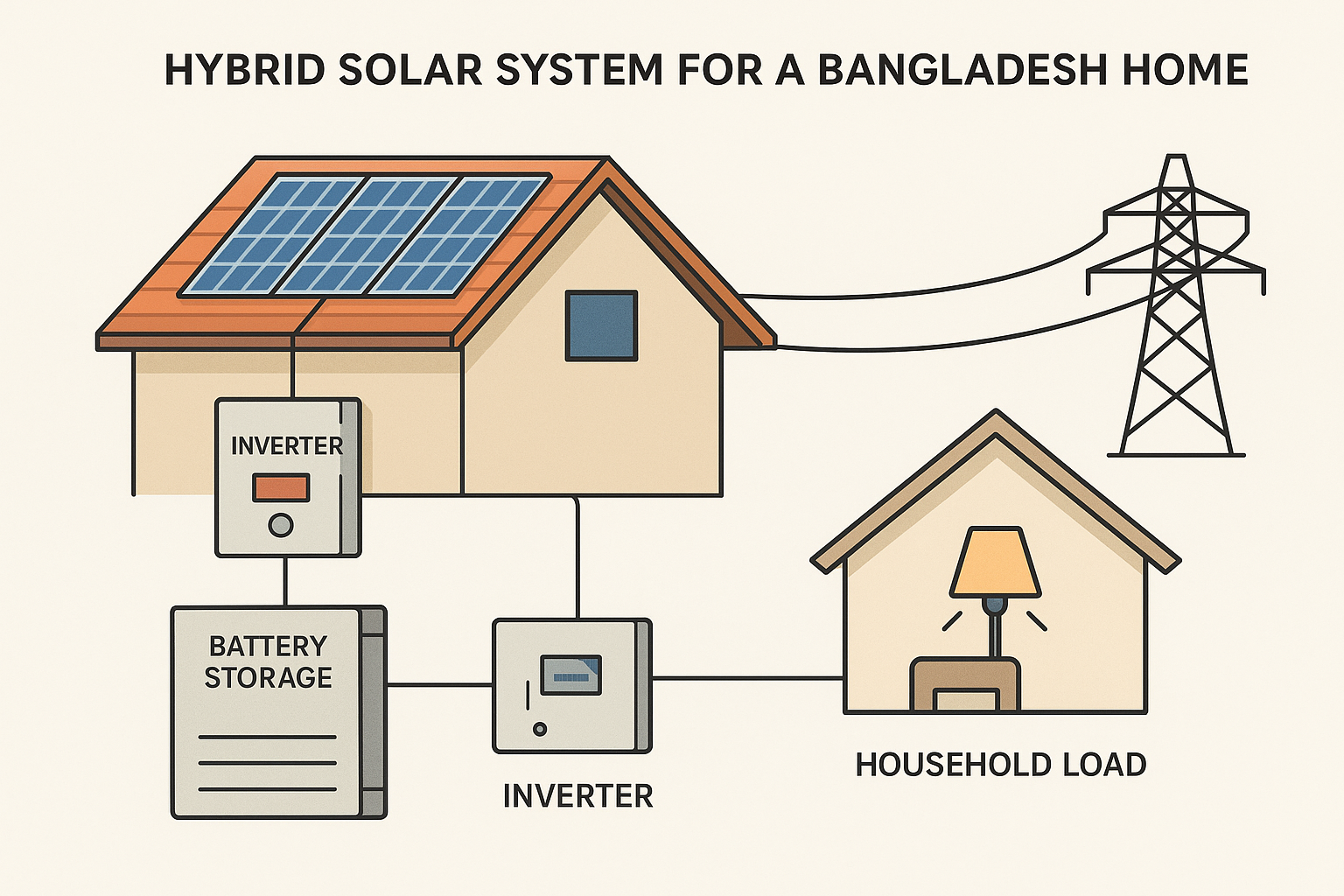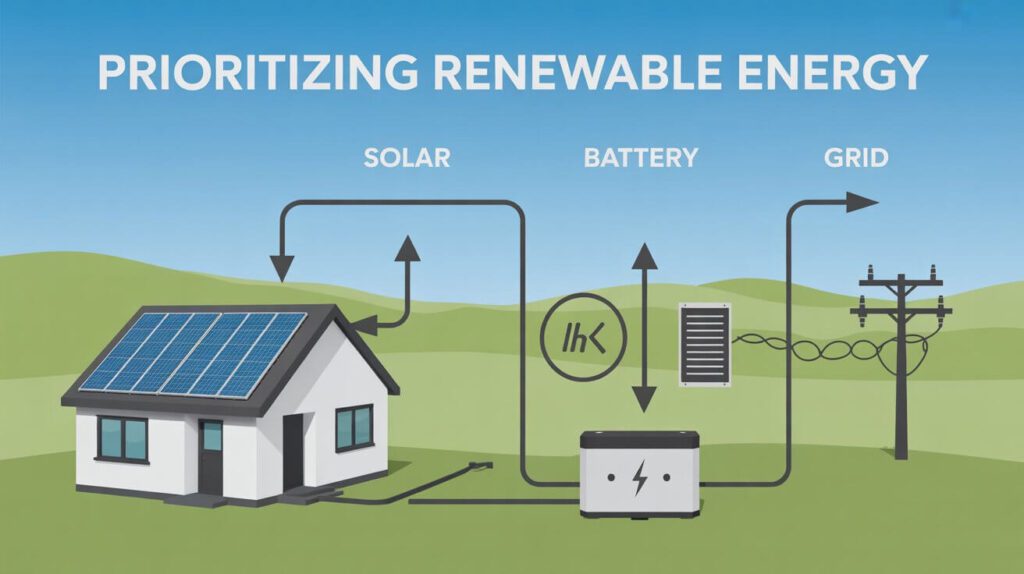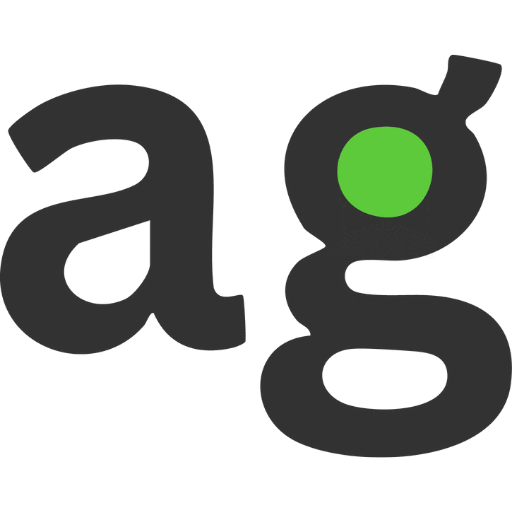Address
26/B, Luxury D Zakia Tower, Dhaka 1217
Phone: (+880) 01765777023
Solar Battery Storage Solutions Bangladesh: Complete Guide to Energy Backup Systems 2025

Energy storage and backup solutions for solar power in Bangladesh include solar batteries with hybrid systems that keep homes powered during frequent outages, and net metering policies that allow homeowners to sell excess energy back to the grid for financial benefits.
What Are the Latest Solar Battery Technologies Available in Bangladesh?
The latest solar battery technologies in Bangladesh focus on lithium-ion and lead-acid options designed for the country’s climate and power grid challenges. Bangladesh’s solar battery market offers several advanced technologies to meet growing demand for reliable backup power.
Lithium-Ion Battery Advancements
The 2024 lithium battery technology features significant improvements in energy density, safety, and thermal stability. New lithium-ion batteries can store more energy per unit of weight and recharge faster, providing longer uninterrupted power supply. These batteries include advanced separators and electrolyteheating and improve overall safety profiles.
Popular Battery Types in Bangladesh
The most common solar batteries in Bangladesh include:
- Lead-Acid Solar Batteries: The most affordable option, available at low prices and suitable for long-term use
- Lithium-Ion Solar Batteries: Provide high energy density, lightweight design, and longer lifespan
- Tubular Solar Batteries: Made of wet lead acid, ensuring better performance and longer usage with regular maintenance
Leading Battery Brands
Top solar battery brands available in Bangladesh include Luminous, Sukam, Rahimafrooz, Delta, and Exide. These brands offer batteries specifically designed to withstand Bangladesh’s unique climate challenges and provide reliable solar power storage.

Diagram of hybrid solar system with battery backup for Bangladeshi homes
How Do Hybrid Solar Systems Provide Backup Power During Outages?
Hybrid solar systems combine solar panels with battery storage and grid connection to provide continuous power during Bangladesh’s frequent outages. These systems offer the best of both worlds – grid reliability and energy independence.
How Hybrid Systems Work
A hybrid solar system operates by prioritizing solar energy first, then battery power, and grid power as last resort. During the day, solar panels generate electricity that powers your home while charging the batteries. When there’s insufficient solar power, the battery inverter provides power from stored energy. If battery power is depleted, the system draws from the grid.

Key Benefits for Bangladesh
Hybrid systems address Bangladesh’s specific power challenges:
- Instant backup during blackouts: Systems automatically switch to battery power within milliseconds during grid failures
- Reduced grid dependence: Can decrease reliance on grid imports by 70% to 95%
- Protection from frequent outages: Bangladesh experiences regular power cuts lasting 2-13 hours, making backup power essential
System Components
Essential components of hybrid solar systems include:
- Solar panels or shingles
- Charge controller (MPPT or PWM)
- Solar inverter and storage inverter
- Battery storage system
- Battery management system (BMS)
What is Net Metering and How Does It Work in Bangladesh?
Net metering in Bangladesh allows homeowners to sell excess solar power back to the national grid and receive credits on their electricity bills. The government introduced Net Metering Guidelines in 2018 to promote rooftop solar adoption.
Current Net Metering Policy
Under Bangladesh’s net metering system:
- Injection limit: Current policy allows up to 70% of generated power to be fed into the grid (proposed increase to 100%)
- Eligibility expansion: Originally limited to three-phase consumers, amendments propose including single-phase and prepaid meter users
- Capacity limits: Consumers can install solar systems up to 70% of their sanctioned load capacity
How the Billing System Works
The net metering system calculates the difference between energy exported to the grid and energy imported from utilities. At month-end, electricity bills are adjusted based on net consumption. If you generate more electricity than consumed, you receive credits for future bills.
Recent Policy Improvements
The Bangladesh government is implementing significant amendments to boost adoption:
- 100% power injection: New provisions allow feeding all generated power into the grid
- Expanded eligibility: Includes 220V single-phase and prepaid meter consumers
- Simplified process: Online application system through the National Data Center
How Can Homeowners Benefit Financially from Solar Energy Storage?
Homeowners in Bangladesh can achieve substantial financial benefits through solar energy storage, with potential savings of 50% or more on electricity bills and payback periods of 3-6 years depending on system size and financing.
Cost Savings Analysis
Recent financial analysis shows:
- Levelized Cost of Electricity (LCOE): 3.50-4.14 BDT/kWh for rooftop solar systems
- Net Present Value: Systems can generate 8.5-14.7 million BDT in savings over their lifetime
- Internal Rate of Return: 11-13% depending on financing method
- Payback Period: 11-14 years for grid-tied systems
Net Metering Financial Benefits
Through net metering, homeowners can:
- Sell excess power: Commercial consumers can save more than 50% of electricity bills with discounted payback periods under 6 years
- Receive bill credits: Unused solar power generates credits for future electricity bills
- Reduce peak demand charges: Solar generation during peak hours provides maximum financial benefit
Government Incentives
The Bangladesh government offers several financial incentives:
- Tax breaks: Available for solar rooftop installations
- Subsidies: Government programs support solar adoption
- Low-cost financing: Programs like IDCOL provide affordable loans for solar installations
What Are the Current Solar Battery Prices in Bangladesh?
Solar battery prices in Bangladesh range from ৳5,000 for small 20Ah batteries to ৳80,000 for large lithium systems, with lead-acid batteries being most affordable and lithium-ion offering better long-term value.
Battery Price Ranges by Type
| Battery Type | Capacity | Price Range (BDT) |
|---|---|---|
| Lead-Acid Solar | 20-40Ah | ৳5,000-৳8,000 |
| Tubular Solar | 100-200Ah | ৳19,000-৳31,000 |
| Lithium-Ion | 100-160Ah | ৳30,000-৳80,000 |
Popular Brand Pricing
Major battery brands offer different price points:
- Hamko: ৳14,000-৳24,000 for 130-200Ah capacity
- Rahimafrooz: ৳15,500-৳26,000 for similar capacity
- Rimso: ৳13,000-৳21,000 for 120-180Ah systems
Complete System Costs
Full solar system installation costs in Bangladesh:
- Small systems (1-2kW): ৳80,000-৳120,000 ($970-$1,450)
- Medium systems (3-5kW): ৳150,000-৳250,000 ($1,800-$3,000)
- Large systems (5kW+): ৳300,000+ ($3,600+)
How to Choose the Right Energy Storage Solution for Your Home?
Choosing the right energy storage solution depends on your power needs, budget, and backup requirements during Bangladesh’s frequent outages. Consider these key factors for optimal system selection.
Assess Your Power Requirements
Calculate your essential power needs:
- Basic lighting and fans: 1-2kW system sufficient
- Including refrigerator and computer: 3-5kW recommended
- Whole home backup: 5kW+ required
- Duration needs: Determine backup hours needed during outages
Battery Technology Selection
Choose based on your priorities:
- Lead-Acid: Most affordable upfront, suitable for budget-conscious users
- Lithium Iron Phosphate (LFP): Best safety and longevity, exceeding 3,000 charge cycles
- Lithium-Ion: High energy density, lightweight, ideal for space-constrained installations
System Type Considerations
Select the appropriate system type:
- Off-grid: Complete independence, higher cost due to battery requirements
- On-grid: Lower cost, net metering benefits, but no backup power
- Hybrid: Balanced approach with backup capability and grid benefits
Professional Installation
Ensure proper installation through qualified professionals who can:
- Size system correctly: Match capacity to your actual power consumption
- Handle permits: Navigate net metering applications and utility approvals
- Provide maintenance: Ongoing support for optimal system performance
About the Expert
Muhammad Nayeem Ferdous is the Chairman and Founder of Amarghor BD, providing 360-degree property services. With an MBA from Macquarie University and 5+ years in the renewable energy industry, he specializes in helping Bangladeshi homeowners navigate solar energy solutions and energy storage systems.
People Also Ask
Q: How long do solar batteries last in Bangladesh’s climate?
A: Quality solar batteries typically last 3-5 years for lead-acid types and 8-10 years for lithium-ion systems in Bangladesh’s climate, with proper maintenance and temperature management.
Q: Can I use solar power during load shedding?
A: Yes, hybrid solar systems with battery storage provide power during load shedding. Many Bangladeshis rely on solar home systems during the frequent 2-13 hour power outages experienced across the country.
Q: Is net metering profitable in Bangladesh?
A: Net metering can be highly profitable, with commercial consumers saving over 50% on electricity bills and payback periods of 6-14 years depending on system size and financing method.
Q: What size solar battery do I need for my home?
A: For basic needs (lights, fans), a 100-130Ah battery suffices. For refrigerators and computers, consider 150-200Ah systems. Calculate your essential appliance wattage and desired backup hours to determine exact requirements.
Q: How much does a complete solar system cost in Bangladesh?
A: Complete solar systems range from ৳80,000-৳120,000 for small systems to ৳300,000+ for large installations, including panels, batteries, inverters, and installation costs.
TL;DR
- Modern battery technologies: Lithium-ion and advanced lead-acid batteries offer improved safety, faster charging, and longer lifespans
- Hybrid systems provide continuous power: Automatically switch between solar, battery, and grid power during Bangladesh’s frequent outages
- Net metering offers financial benefits: Sell excess power to the grid with proposed policy improvements allowing 100% power injection
- Substantial cost savings: Systems can reduce electricity bills by 50%+ with payback periods of 3-14 years
- Battery prices vary widely: From ৳5,000 for basic systems to ৳80,000 for advanced lithium solutions
- Professional installation essential: Proper sizing and installation ensure optimal performance and compliance with regulations
Ready to power your home with reliable solar energy storage? Contact our expert team to design the perfect system for your needs and start saving on electricity bills while contributing to Bangladesh’s clean energy future.

